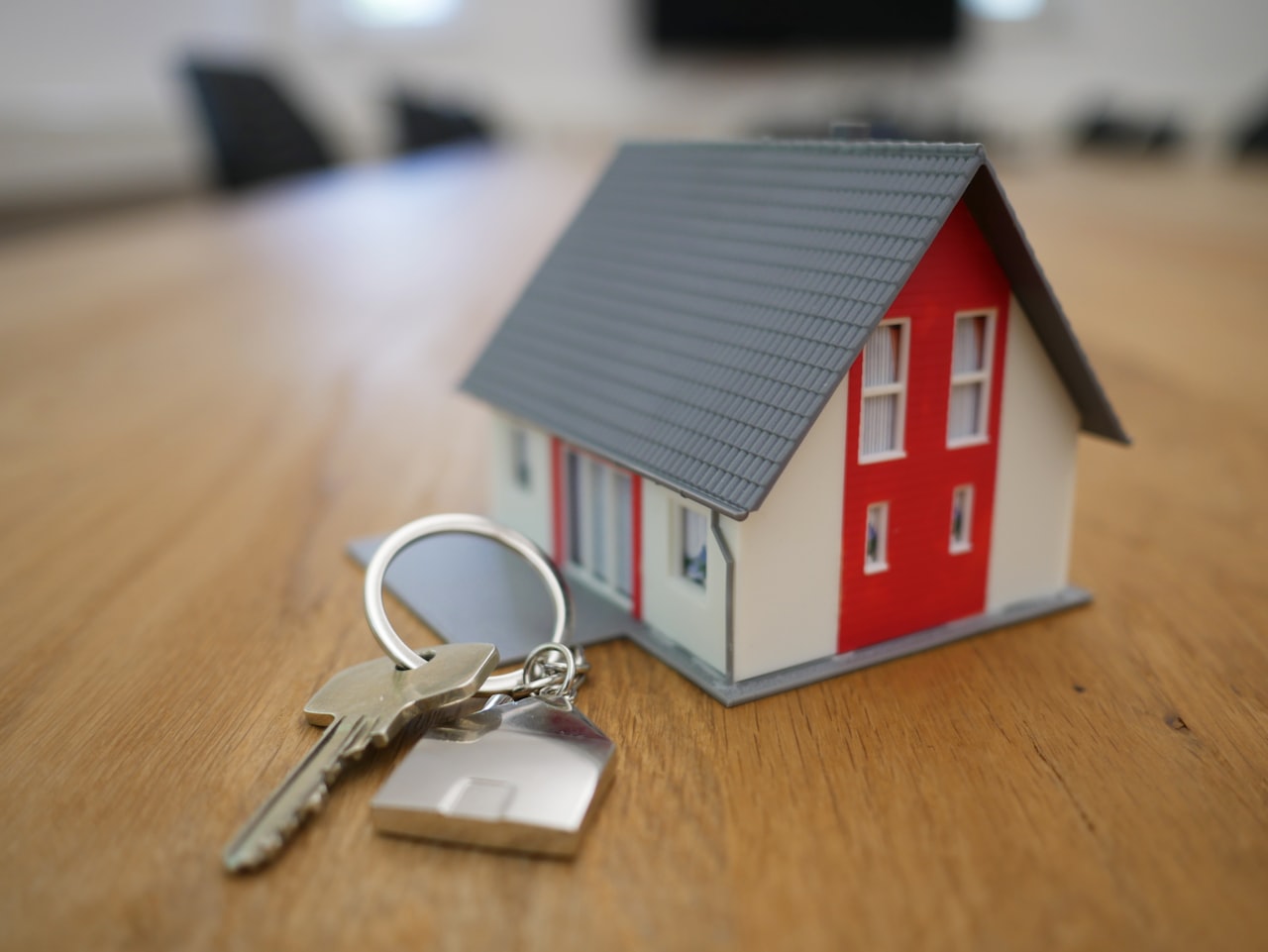In the aftermath of the Marshall fire, one thing that is becoming clear is that many homeowners were under-insured with regard to their homeowners policy.
Ken and I are recommending that all of our friends and clients review their homeowners policy with their trusted insurance agent to make sure they understand their coverage and they have enough coverage in the case of a natural disaster.
I talked to Steve Hakes with Rocky Mountain Insurance Center. Steve is our insurance agent and we really trust him as a local, reputable insurance expert.
Read on for what Steve said homeowners should look for in their policy and questions you should ask your insurance agent.
What should people check on with regard to their homeowners' policy? And what else should homeowners and renters be aware of with regard to their personal coverage?
1. Dwelling Coverage:
Steve says first and foremost, homeowners should check their Dwelling Coverage, even if they have a relatively new policy. Construction costs have gone up significantly each year so checking on this yearly is a good idea.
Get a written, current reconstruction cost estimator from your agent. Go through this carefully and make sure the estimator is accurate with regard to how your home is built. The estimator makes assumptions on building materials and style and it could be under-estimating your re-build cost.
Questions for your agent:
What is my current dwelling coverage? Do you think this is enough? Can you provide me a current, written reconstruction cost estimator that I can review?
2. Extended Dwelling Coverage:
This is a rider that should already be on all homeowners insurance policies and it is a percentage of the Dwelling Coverage. Extended Dwelling coverage is additional coverage that accompanies your Dwelling Coverage.
Some companies offer 25% Extended Dwelling Coverage and others go up to 50 or 100% of the Dwelling Coverage. As a consumer, you likely want this coverage to be higher. Look for 50-100% of Extended Dwelling Coverage. If the company you are with only offers 25%, you may want to consider switching companies to get better Extended Dwelling Coverage.
Questions for your agent:
What is my current Extended Dwelling Coverage? If it is 25%, can this be increased? What is the total amount of coverage I have if my home is destroyed?
3. Guaranteed Dwelling Replacement
Some insurance companies offer Guaranteed Dwelling Replacement. This means they guarantee to rebuild your home and cover the entire cost of the rebuild in case of a total loss.
Question for your agent:
Does my current insurance company offer Guaranteed Dwelling Replacement?
4. Loss of Use Coverage
Loss of Use Coverage is the coverage for your expenses in the case that you couldn't go back to your home. It covers things like living expenses and rent if you were displaced. Many policies only cover 12 months of expenses. If this is the case with your policy, you should consider upping coverage to 24 months.
Questions for your agent:
How much is my current Loss of Use coverage? Do I have 24 months of expenses covered if I can't go home?
5. Personal Property Coverage
Steve recommends that people also review their Personal Property Coverage and make an inventory of high-value items. Steve says the best way to do this is to take a video of the contents of your garage and home. Include each room, pan right and left, including the furniture, floor, and up higher up on the walls as well, to show things like window coverings and artwork. Open cabinets and drawers.
In case of a loss, this video can help spur your memory so that listing all items of value that were lost is easier. Upload this video to the cloud, save it to DVD, and share it with a friend or family member.
Questions for your agent:
How much is my Personal Property Coverage? Should I increase that?
6. Ordinance or Law Coverage
According to Steve, if you own a newer home, your current Ordinance or Law Coverage is probably sufficient. If your home is 20 years old or more, consider upping your Ordinance or Law Coverage. This coverage is additional coverage that is earmarked to bring your older home up to code in the case of a rebuild. Older homes may have older electrical systems, plumbing, and more, and in the case of a rebuild, these would have to be brought up to current code.
Questions for your agent:
What is my current Ordinance or Law Coverage? Should I increase that?
7. Fireproof safe
Steve's last recommendation is to purchase a higher quality fireproof safe, one that can withstand very high temperatures for an hour or more. File life insurance documents, titles, and deeds to homes and cars, social security cards, and other important documents in there. Make copies of documents and save to the cloud or share with family or a friend.
The events of the last few weeks highlight how vital it is to have a reputable and knowledgeable insurance agent. If you are a homeowner or considering a purchase, it is important to have someone you can trust who is looking out for your best interests with regard to the policies on your home, cars, and personal property. There is no better time than right now to evaluate your policies and make necessary changes. Small premium increases now could be the difference in 10's to 100's of thousands of dollars of coverage in the case of a loss.
As always, don't hesitate to reach out with questions. We are happy to help!
Ken Crifasi & Allison Benham with K&A Properties





























































































